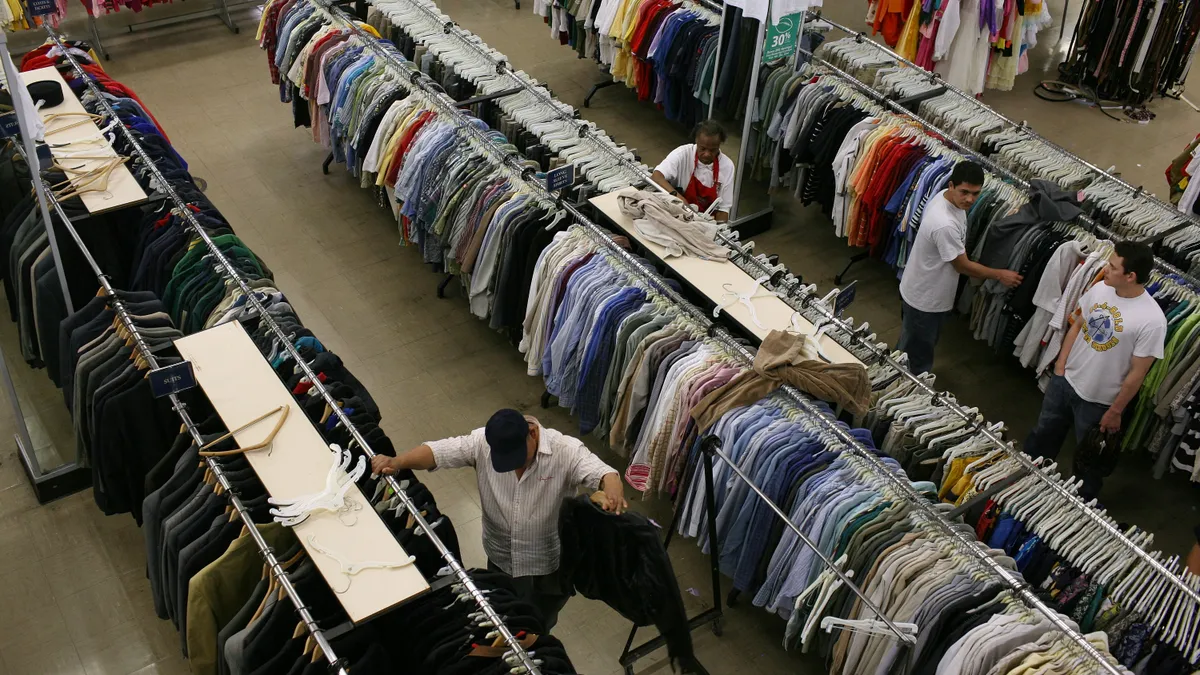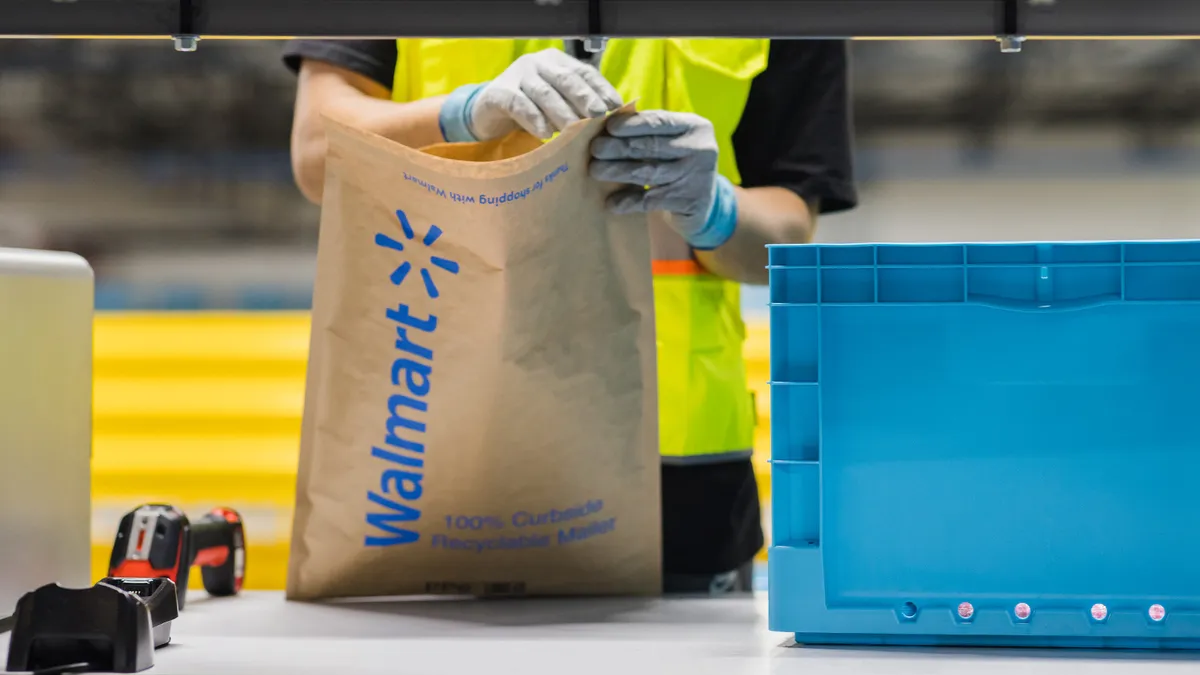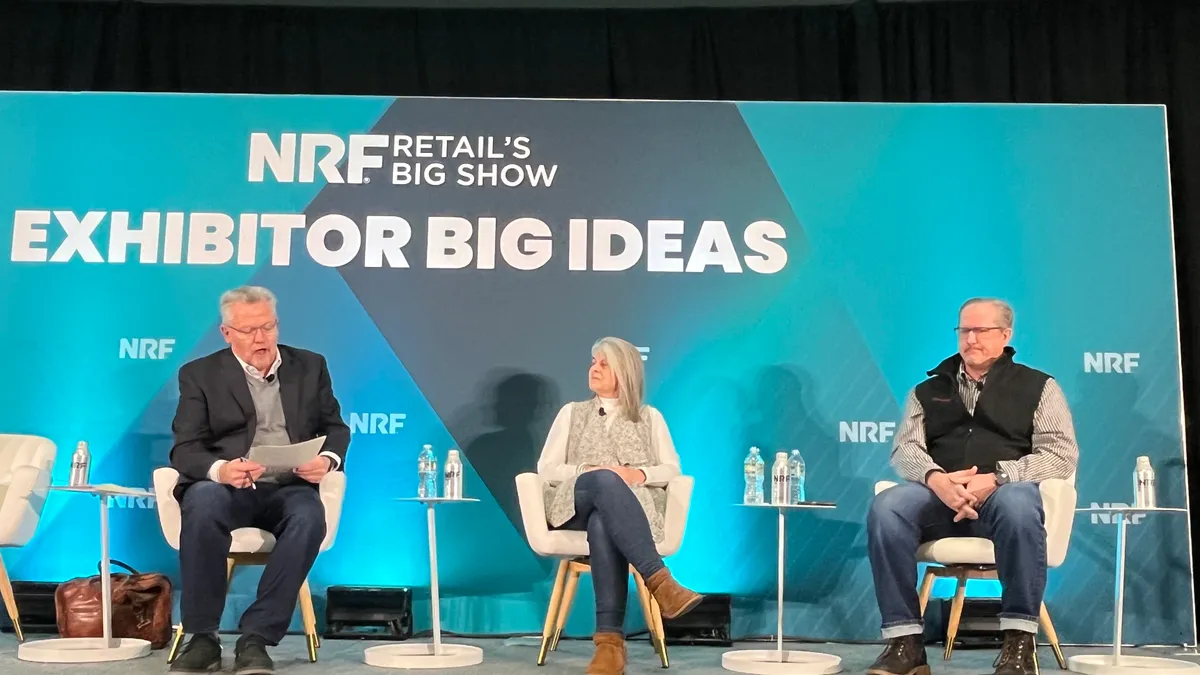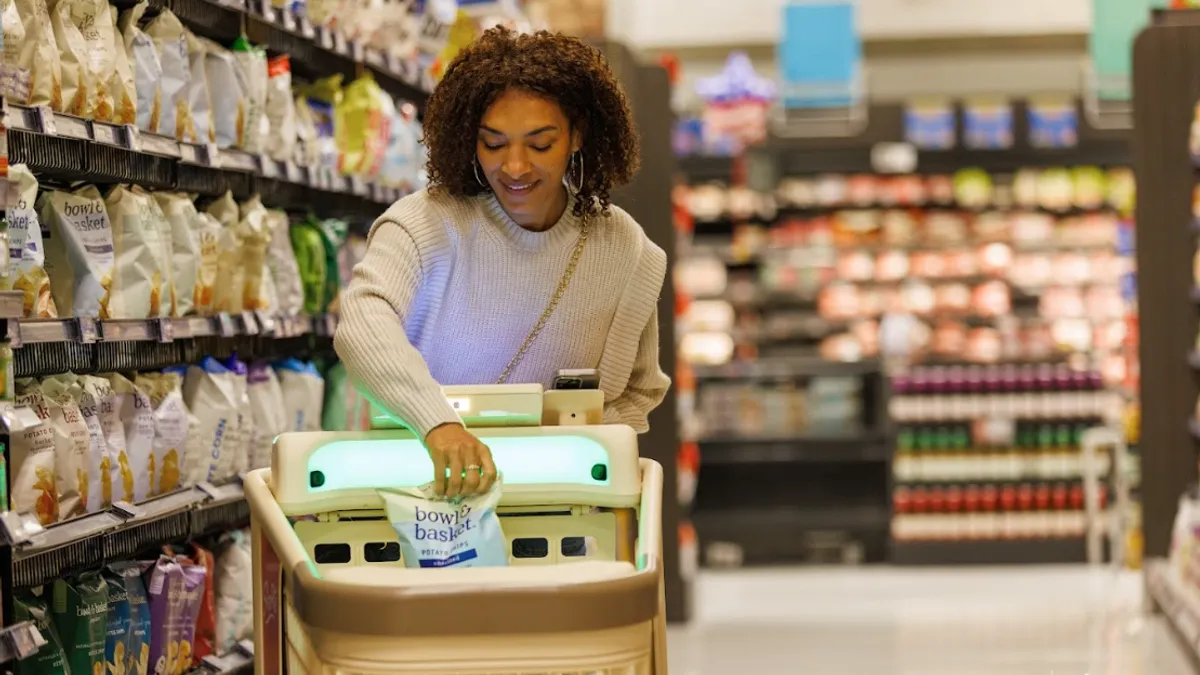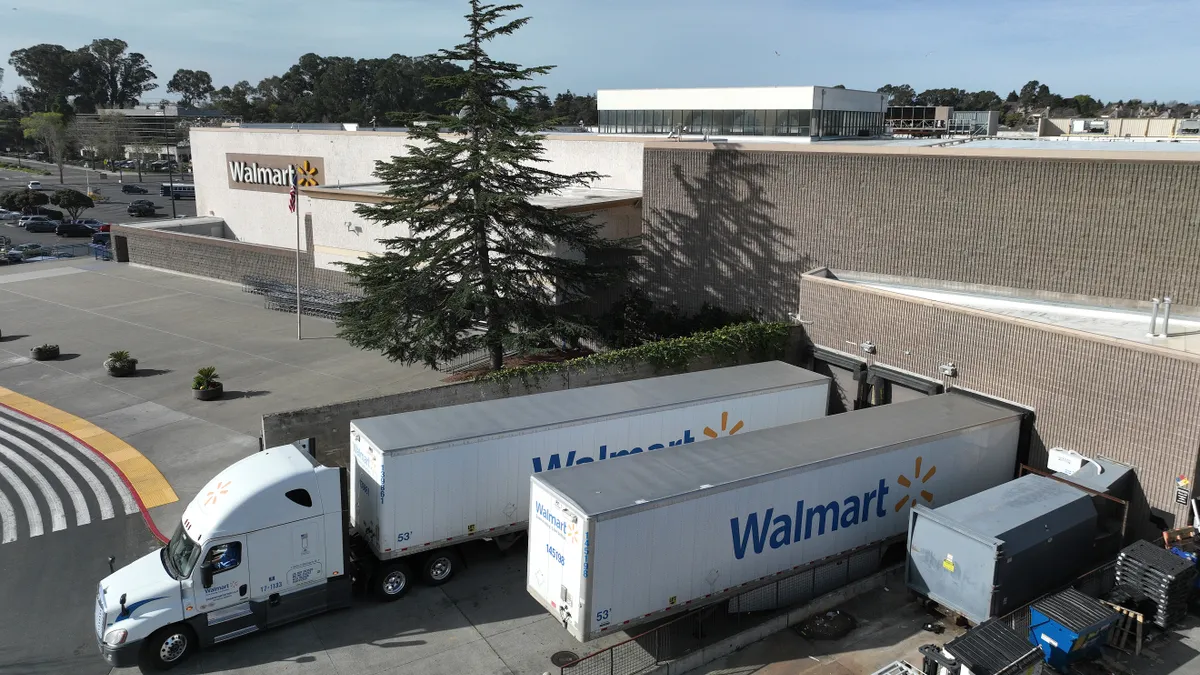About a decade ago Universal Music, one of the world’s largest recorded-music distributors, realized that a small chain of record stores in Maine had a much lower return percentage than other independent retailers and a high coverage ratio.
This was no accident. Bull Moose record store owner Brett Wickard, a self-described math geek, had written software that helped him discover which CDs or movies were selling at the store, based not just on sales, but on who was buying.
“Soon after, other retailers were knocking down our door, and we realized this was just a piece in a bigger puzzle,” says Wickard, who in 2013 founded cloud-based custom software company FieldStack LLC.
'Lean Retail'
Wickard’s original aim was to develop software that would ensure that his Bull Moose stores had enough inventory for in-demand items, but didn’t have an overflow of merchandise. But how to figure out how many more CDs you needed, say, if the new Wang Chung album sold out? If you sold out with seven, did that mean you needed eight? Or 48?
Thanks to what he calls a “robust loyalty program,” he figured out that certain customers provided clues to what others would buy.
“We found that certain people predict what other people will buy, and what will be uncool,” he told Retail Dive. “There were market leaders, taste-makers, that were our customers. And when the customer is telling you what’s cool, act quickly.”
'Judgment-free zone'
Putting customers in charge of his algorithm — not literally; there are no privacy issues or input from actual individual “cool” kids, just aggregated data — meant that Bull Moose stores had to be judgment-free zones, Wickard says. Information from loyalty programs and search are two great ways to beat human judgment, he says.
That is, his staff might have their own ideas about what artists were happening, Pitchfork.com may have given a new album a good or bad review, or Halloween might seem to be a good time to stock horror movies. But it was his math that wasn’t lying.
In fact, Bull Moose found that the 1993 Walt Disney movie “Hocus Pocus” has sold like hotcakes every Halloween, something none of the humans working there would have figured out on their own.
That may be the opposite of the approach taken by such retailers as Lululemon Athletica or Abercrombie & Fitch. Both retailers have had CEOs that for years have had a mythical customer in mind, and that mythical customer, wrought in each CEO's imagination, has helped determine their merchandising.
But that hasn't proven to be a good long-term strategy. Both retailers have seen sales suffer, and have changed their tune by responding to the real market — Abercrombie last year did away with a high stock of label-heavy clothes and Lululemon announced last week that it will begin offering a larger range of sizes for its althetic wear. And both of those CEOs are gone.
“You don’t always have to be right,” Wickard says of retailers. “You have to be wrong for a shorter amount of time.”
Lean beyond inventory
Wickard says that FieldStack applies the same approach, of systemic flow and connectivity, to all aspects of retail logistics, eliminating silos so that information can be leveraged to improve speed, discover efficiencies, or uncover hard truths.
“We’ll find out if it’s Thursday’s truck is the most efficient day to bring in merchandise. We look at the whole business at once,” he says. “Boosting e-commerce may seem profitable, but you may be killing a profitable store. Our recommendations may mean that your shipping costs will go up 10%, but if profits go up 20%, you’ll take it.”
'That amazing moment'
Wickard, like many geeks, gets pretty excited when he talks about writing code, protecting the cloud with a cyber "Brinks truck," and aggregating data, but he’s a retailer at heart, too. He says that one of the things that he looks at when talking to clients is what kind of retailer the company wants to be.
If, for example, customer service is top of mind, that may mean looking at welcoming even somewhat dubious returns as an acceptable expense.
And at all times, a retailer’s store staff must be well informed and confident in their ability to help customers find what they’re looking for.
“We want to protect that amazing moment when the clerk and the customer are having an interaction," says Wickard.
“Throughout retail, so many things have to be simple, from the retail clerk on back. We believe that a retail clerk should have better information than what’s on the web, that he or she should have the gold standard of information,” he says. “Somebody with a smartphone shouldn't be able to outperform you in the store by looking at your own website.”








